To provide the best experiences, we use technologies like cookies to store and/or access device information. Consenting to these technologies will allow us to process data such as browsing behaviour or unique IDs on this site. Not consenting or withdrawing consent, may adversely affect certain features and functions.
The technical storage or access is strictly necessary for the legitimate purpose of enabling the use of a specific service explicitly requested by the subscriber or user, or for the sole purpose of carrying out the transmission of a communication over an electronic communications network.
The technical storage or access is necessary for the legitimate purpose of storing preferences that are not requested by the subscriber or user.
The technical storage or access that is used exclusively for statistical purposes.
The technical storage or access that is used exclusively for anonymous statistical purposes. Without a subpoena, voluntary compliance on the part of your Internet Service Provider, or additional records from a third party, information stored or retrieved for this purpose alone cannot usually be used to identify you.
The technical storage or access is required to create user profiles to send advertising, or to track the user on a website or across several websites for similar marketing purposes.
 Businesses are investing in technology to expand online operations and facilitate remote work during the pandemic. But many of those same businesses are also eager to see their employees return to the workplace in greater numbers over the long term. Those are among the findings of a new survey of small and midsized business leaders conducted by The Harris Poll and sponsored by CIT, a division of First Citizens Bank. (more…)
Businesses are investing in technology to expand online operations and facilitate remote work during the pandemic. But many of those same businesses are also eager to see their employees return to the workplace in greater numbers over the long term. Those are among the findings of a new survey of small and midsized business leaders conducted by The Harris Poll and sponsored by CIT, a division of First Citizens Bank. (more…)




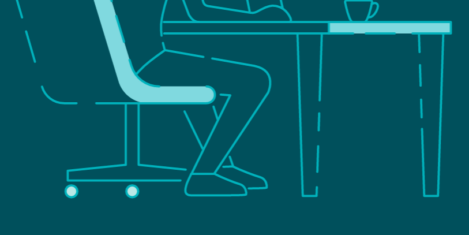





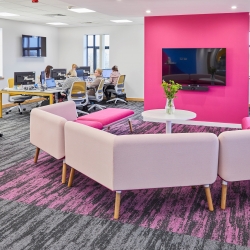
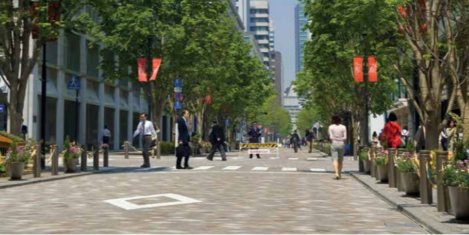
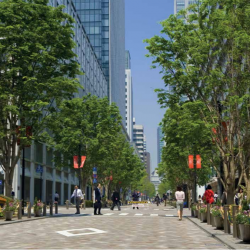
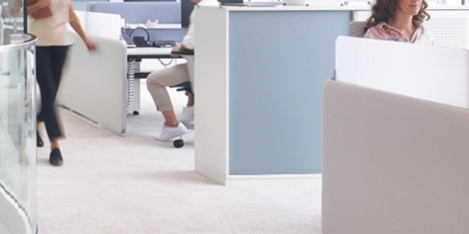
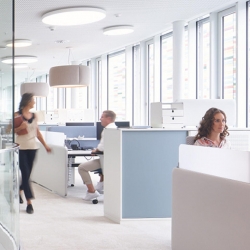


















March 16, 2022
Employees don’t have survey fatigue – they are tired of being ignored
by Stephanie Fitzgerald • Comment, SF, Workplace